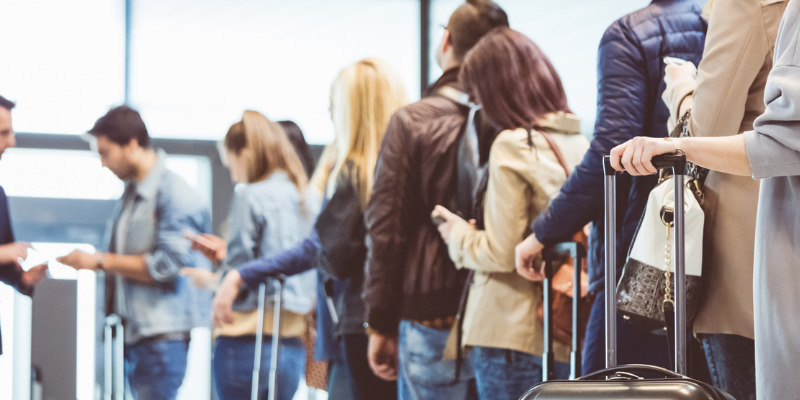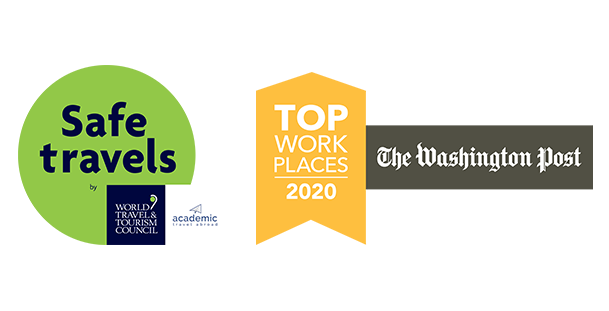
Is the Travel Industry Finally in Recovery Mode?
For two years, we have watched our hopes of a rapid travel industry recovery hit a series of roadblocks. Delta and Omicron delayed border openings and prompted the U.S. Department of State to flag most of Western Europe as “Level 4” for health risks. As we write this, the current sanctions on Russia have inflated fuel costs, created more volatility for the airlines, and caused travelers to worry if the fighting in Ukraine will be contained.
Yet, at the same time, Americans added nearly $4 trillion to their savings during COVID, in the form of stimulus checks, stock market gains, and less spending overall. All 50 states and the United Kingdom have dropped COVID entry requirements. Malaysia, Singapore, and the Philippines are leading the way in transitioning to “endemic status” by the summer. Closer to home, we’ve seen performance venues and festivals attract pre-pandemic-sized crowds.
The pent-up demand for travel spending that has been widely reported will eventually raise all boats. However, the speed of the industry’s overall recovery will rest on travelers’ perceptions of political and economic stability in the place(s) they want to visit.
When faced with such contradictory conditions in which to operate travel programs, what should travel planners do? We have a few recommendations.
1. Communicate, communicate, communicate.
Frequent, timely, and reliable communication with travelers is essential to retain them during uncertain times and through our long booking cycles. We wrote a blog post last year on communicating during a crisis. Maintaining your travelers’ trust by expressing your care and concern will pay dividends in the long run. Double down on your “why;” remind travelers that you’re offering an experience they can’t get anywhere else and how it will enrich their lives.
2. Stay nimble and be ready to pivot.
We expect the next few years to throw us curve balls. We might need to add capacity quickly, re-route an itinerary, or adopt a new health protocol. Contingency planning, decisive action and transparent communication with travelers will always win the day.
3. Make it easy for travelers to decide to stick with you.
This recovery is a marathon, not a sprint. It could take as long as five years for the industry to reach 2019 sales levels. We strongly advocate flexible cancellation and rebooking terms that make it comfortable for travelers to wait out a period of uncertainty instead of cancelling their trip.
These strategies help travel planners stay ready rather than having to get ready if and when a situation calls for it. Operating this way cultivates a trusting and resilient pool of travelers that come back again and again. And when travel is back in full swing, you’ll be equipped with strong programs, well-planned policies, and a robust cohort of travelers.

